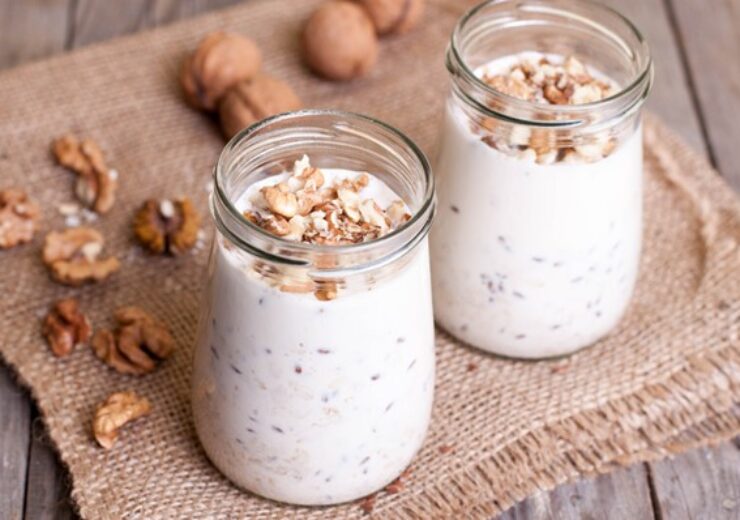The US-based process solutions provider said that the technology is designed to generate higher yield and greater single-source protein content

SPX FLOW unveils new APV membrane filtration technology. (Credit: SPX FLOW, Inc.)
SPX FLOW has introduced a new APV membrane filtration technology for plant-based concentration for clean-label products with more nutritional value.
The US-based process solutions provider said that the technology is designed to generate higher yield and greater single-source protein content. It involves a process that is more sustainable compared to conventional methods using evaporation and chemicals.
SPX FLOW said that higher single-source protein content is achieved by using the concentration of plant-based beverages as a base for yogurt and cheese substitutes, food additives, and other nutrient-rich components.
According to the firm, the APV membrane filtration technology has a range of solutions that are tailored to meet various plant sources such as soy, nut, oat, rice, and pea.
The solutions include process filtration techniques including microfiltration and ultrafiltration to fractionate, concentrate, and standardise plant protein based on processing needs, SPX FLOW added.
Additionally, reverse osmosis and nanofiltration devices are available for water recovery, subproduct valorisation, and solids concentration.
SPX FLOW nutrition and health, membrane filtration global product manager Allan Vangsgaard said: “The benefits of this improved plant-based concentration are two-fold: a better, cleaner product for customers and a more sustainable, versatile and higher-yielding result for producers.
“More than ever, customers are looking for a variety that includes plant-based products, and we are excited to work with our partners to help grow the options available.”
The process solutions firm said that its specialised membrane systems enable gentle concentration and separation of product proteins with less than 1% loss and no damage. The process is also said to have fewer filler ingredients to sustain the nutritional value of a plant-based product.
